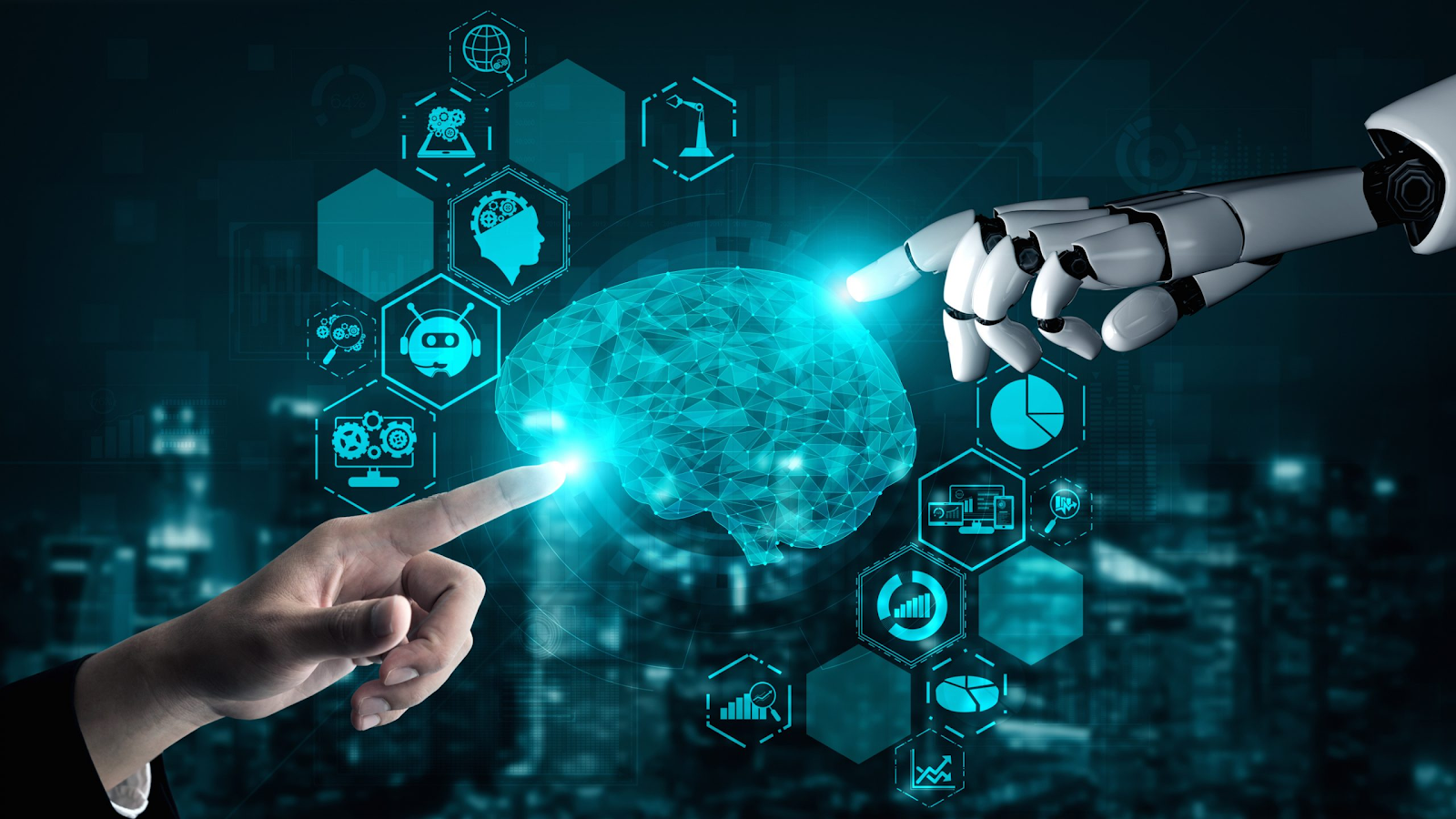what is Ai?
what is AI?
Artificial Intelligence (AI) refers to the development of computer systems capable of performing tasks that typically require human intelligence. These tasks include learning from experience, understanding natural language, recognizing patterns, and making decisions. AI systems can adapt to new inputs and improve their performance over time.
Core Components of AI
Machine Learning (ML): A subset of AI where algorithms enable systems to learn from data and improve without explicit programming.
-
Deep Learning: A specialized area within ML that uses neural networks with many layers to analyze complex patterns in large datasets.
-
Natural Language Processing (NLP): Allows machines to understand, interpret, and generate human language, facilitating interactions like chatbots and virtual assistants.
-
Computer Vision: Enables machines to interpret and make decisions based on visual inputs, such as images and videos.
-
Robotics: Combines AI with physical components to perform tasks autonomously or semi-autonomously
Types of AI
-
Narrow AI (Weak AI): Designed to perform a specific task, such as facial recognition or internet searches. Most current AI applications fall into this category.
-
General AI (Strong AI): A theoretical form of AI that can understand, learn, and apply intelligence across a broad range of tasks, matching human cognitive abilities.
Applications of AI
AI is transforming various industries:
-
Healthcare: AI assists in diagnostics, personalized treatments, and predictive analytics.
-
Finance: Used for fraud detection, algorithmic trading, and personalized banking services.
-
Education: AI-powered tools provide personalized learning experiences and administrative automation.
-
Transportation: Enables autonomous vehicles and optimizes traffic management systems.
-
Entertainment: AI recommends content on platforms like Netflix and Spotify based on user preferences.
Challenges and Considerations
While AI offers numerous benefits, it also presents challenges:
-
Ethical Concerns: Issues like bias in AI algorithms and the potential for job displacement.
-
Privacy: The need to protect personal data as AI systems often require large datasets.
-
Security: Ensuring AI systems are secure from malicious attacks and misuse.
-
-
-




Comments
Post a Comment